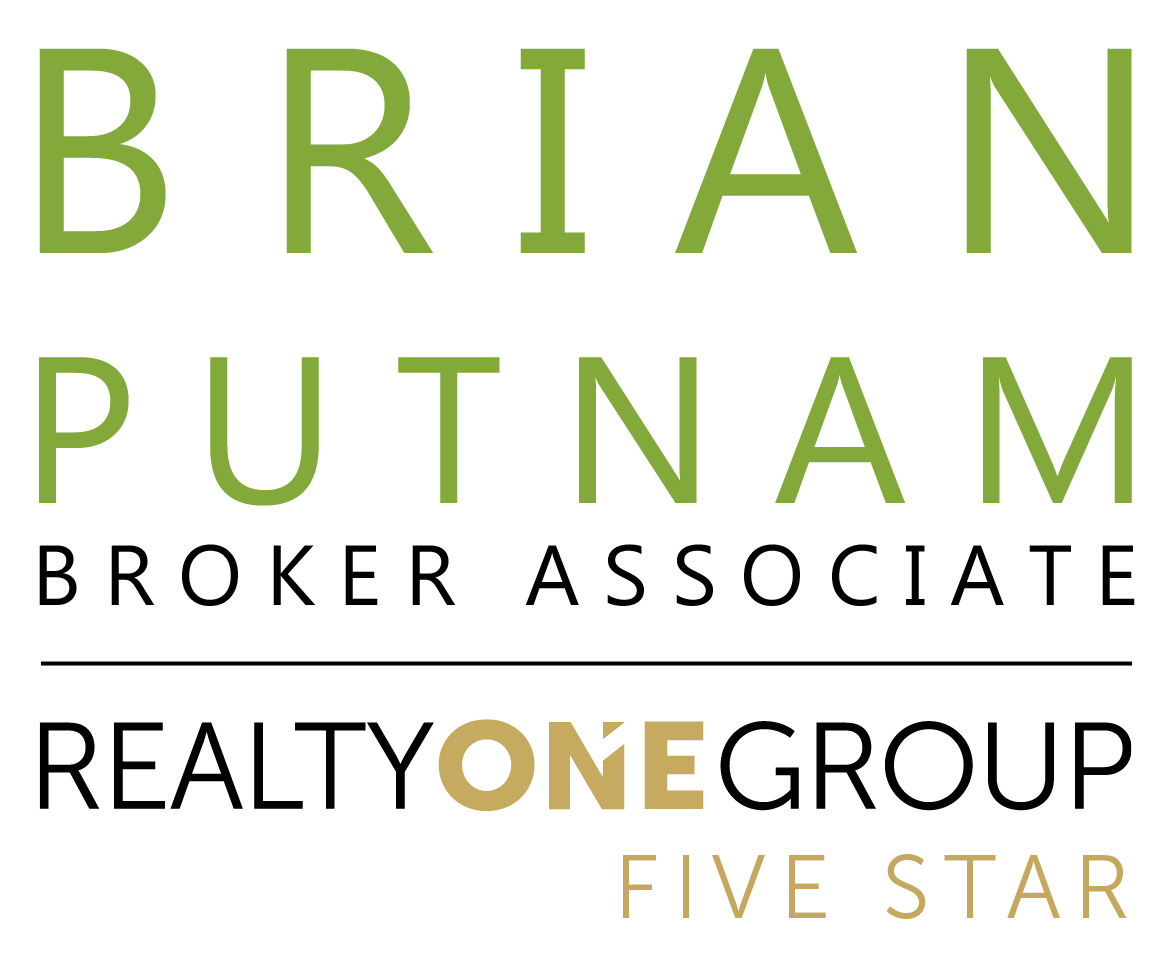1031 Exchange
Your Colorado 1031 Tax Deferred Exchange Realtor
WHAT IS A 1031 EXCHANGE?
A 1031 Tax deferred exchange is an investment strategy that should be considered by anyone who owns real estate as an investment.
A 1031 exchange is authorized by Section 1031 of the Internal Revenue Code. It is simply a method by which an investor trades one property for another without having to pay any federal income taxes on the transaction. The tax on the transaction is deferred until sometime in the future, usually when the newly acquired property is sold.
The requirements of Section 1031 must be carefully met, but when an exchange is done properly, the tax on the transaction may be deferred. The IRS’s regulations make exchanging easy, inexpensive, and safe.
IS A 1031 EXCHANGE FOR ME?
Investors often fail to consider tax deferred exchanges as an investment strategy. Many investors are misinformed about the requirements of exchanging investment real estate. However, once their misconceptions have been cleared up, investors usually find that Section 1031 is worth considering as an investment strategy.
Before deciding whether to engage in a 1031 exchange, the real estate investor should carefully analyze all options and consult with their legal and tax advisors. A decision should NOT be based solely on the tax consequences of the transaction. Once factors have been considered, an investor may, or may not, decide to engage in a tax deferred exchange.
ADVANTAGES of 1031 EXCHANGE
The main advantage of a 1031 Exchange is the investor may dispose of their investment real estate without incurring any immediate tax liability. The deferred tax allows the investor to keep the “earning power” of the deferred tax working for him or her in another investment. In effect, the deferred tax might be considered an “interest free loan.”
Under current law, this deferred tax liability is forgiven upon the death of the investor (taxpayer), which means that the investor’s estate does not repay the “loan.” The heirs new basis on the real estate is the fair market value of the inherited property at the time of the investors death.
DISADVANTAGES of 1031 EXCHANGE
There are also disadvantages to a 1031 Exchange. One main disadvantage to a tax deferred exchange is the newly acquired property will have a reduced basis, resulting from the carry-over of the basis of the sold property. This means that the deferred tax will be realized when the newly acquired property is sold, and the investor will have lower depreciation deductions.
There are also increased costs for completing a 1031 tax deferred exchange. These costs can include additional attorney fees, accounting fees, intermediary fees and closing fees.
Finally, without tax consequences to the investor, the investor may not use any of their net proceeds for anything except as a reinvestment into a like-kind property.
I am here to help
Please feel free to contact me for your 1031 Exchange real estate needs
☎ CONTACT
Brian Putnam
Broker Associate
303-656-0972
Email
➤ Office
Realty One Group - Five Star
480 South Holly Street
Denver, CO 80246
Additional Information:
A Guide to 1031 Exchanges
IRS - 1031 Exchanges
1031 Qualified Intermediaries
Land Title Exchange Corporation
FirstBank 1031 Corporation
Asset Preservation Inc
QUESTION & ANSWER
What is Like-Kind Property?
ALL real property is like-kind, regardless of whether it is improved or unimproved. Therefore, land may be exchanged for a commercial warehouse, a duplex may be exchanged for a single residence, and multiple residences may be exchanged for an apartment building. The key is the real property must be held as an investment.
Can I Exchange My Vacation Home?
Possibly. The IRS is going to look at the purpose of the real property. Was the vacation home purchased as an investment, not a second home? How many days a year is the vacation home rented? How many days a year do you use the property?
An investor may exchange out of a vacation home if:
1) The home is rented to unrelated persons for at least 14 days per year for two consecutive years and; 2) The investor OR related persons do not use the vacation home for more than 14 days per year or 10% of the rental days, if greater.
What is a Qualified Intermediary for a 1031 Exchange?
In most cases, the use of a qualified intermediary is required by the IRS to facilitate the 1031 exchange. The use of an experienced qualified intermediary can significantly reduce the complexity of an exchange by assuring the proper execution of required documentation. The Investor (taxpayer) enters into a written exchange agreement with the Intermediary under which the Intermediary:
1) Acquires the relinquished property from the Investor;
2) Transfers the relinquished property to the Buyer;
3) Acquires the replacement property from the Seller;
4) Transfers the replacement property to the Investor.
How Long Do I Have to Find A Replacement Property?
If the investor will acquire a replacement property after their investment property is relinquished, there are two important time limits. It is important to note there are no extensions on these time limits, including for holidays or weekends.
1) 45 Days - The investor is required to identify the replacement property within 45 days after the transfer of the relinquished property.
2) 180 Days OR Income Tax Due Date- the investor must close on the replacement property within 180 days after the transfer of the relinquished property OR prior to the due date of the investor’s federal income tax return (including extensions) for the year in which the relinquished property is transferred.




